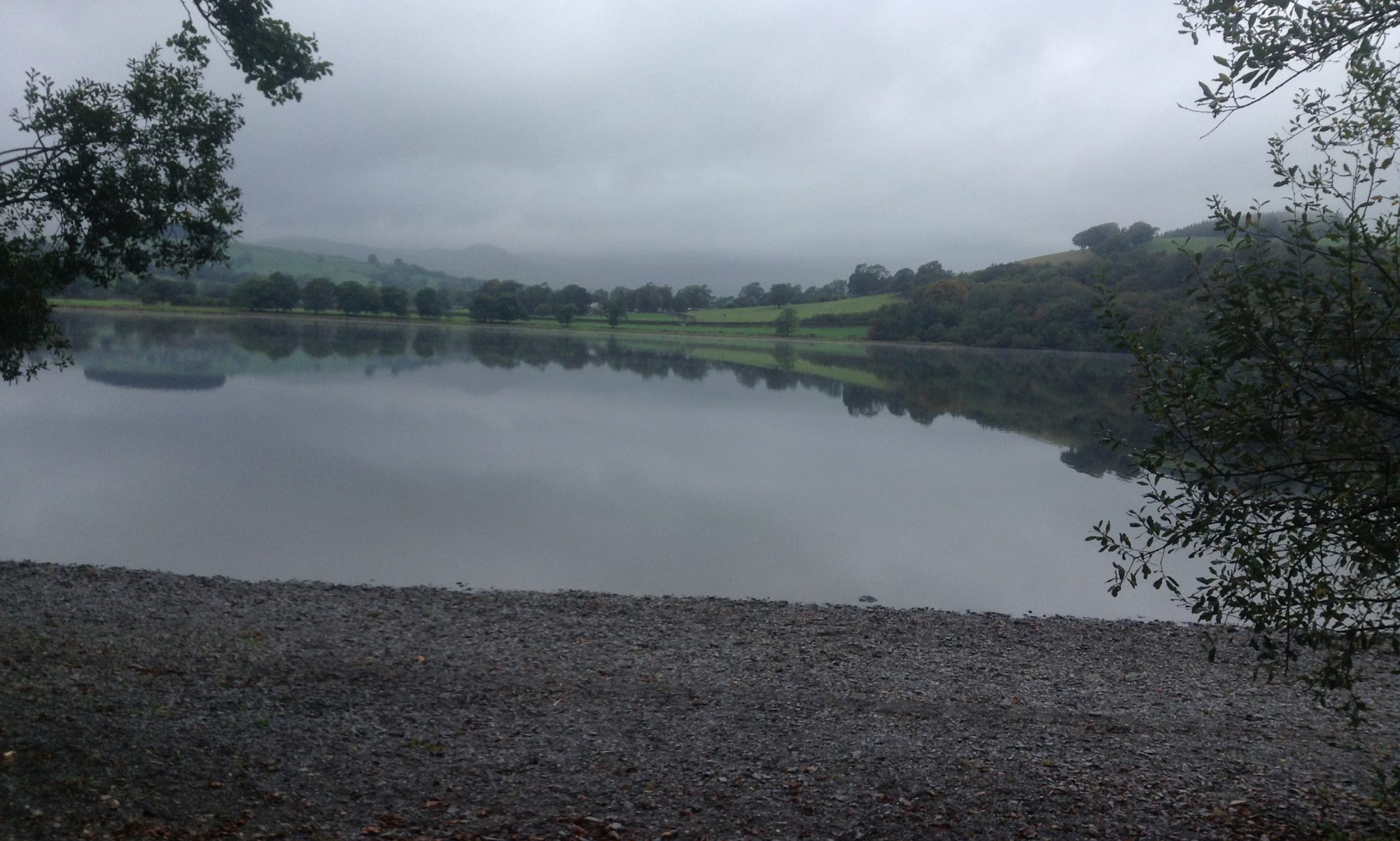My first Faire was the first time I ever felt I belonged. I met most of the best friends I’ve ever had there, and every one of my love affairs began at Black Point or Dickens. I remember feeling the years sliding off me as I traveled back in time, to that place where the very air vibrated with possibility and promise. We were creating a world each weekend that grew closer each passing year. One day, I was sure, we would just walk through into that land that I felt but could not imagine and longed to see.
I grew up. We all did. Black Point is gone, the possibilities sealed shut. Dickens was a sort of Brigadoon for a while, appearing irregularly in places that sparkled for a season and then disappeared. Then there was that magic first year in 2000, when we came back to the Cow Palace. We had to make it happen, to blow the flame back to life, and for a few years it felt like our home, the place we all created out of dreams, belief, and love.
The problem is, it isn’t “we” any more. Every year the grip of ownership grows tighter, and the vision more limited. The bars for entry, far from making the show better, have squeezed the magic into acceptable channels until it is in danger of draining away. As a member of a cast instead of a community, with every shekel counted and every entry securely guarded by strangers who take no part in the show, I struggle to keep my light alive as I wear the acceptable clothes, keep to the acceptable paths.
The Tale must be told anew for each new generation. The song remains the same, but it is sung by many voices, and we all must be free to shape our part in the dance. Change is part of life, and it takes a living community–with voices that are heard and heeded–to keep the magic alive.
I fear that those who think they own the magic know the price of everything and the value of nothing. Color palettes, silhouettes, and one trademarked vision of the period mean that many of us no longer have a place, and what was once a family is now a very expensive hobby for a select few.
Fair has never been period. This is a feature, not a bug to be stamped out. We cannot have offal in the streets, laudanum in the shops, or tarts taking their customers into the shadows. I do remember, however, being offered a hundred dollar bill by a customer in Fort Mason. I knew how to keep the illusion intact while slipping out of the very real offer too.
Where has the adventure gone, the days when a street urchin could end up step dancing on stage though she had no part cast in it, where we all roared the choruses to all the songs as we drank, laughed, and ran through Mad Sal’s? Twosie wasn’t particular, and no one sat quietly in neat rows to listen to mic’ed performers. The sailors rocked and rolled through the streets. They did their turns on stage, but kissed the (willing) tarts afterwards and had their run ashore. How many of us came to Fair to become our other selves for blissful hours, to take up our other lives and stories for a few too-short weekends? The streets are now too crowded with commerce to find a place to be ourselves, and buskers are limited to the one assigned pitch to play a specific approved set. No more roving where we may, part of the living tapestry of the city, delighting vendor and visitor alike as we played to please and to lose ourselves in the fantasy of the streets.
I remember period as the paintbox to our living canvases. I remember a few precious years of literally living Faire. Between seasons we gathered as groups, and as friends. I delighted in libraries and fabric stores, making clothes, not costumes, bringing what I found in books to life. We read widely and shared what we learned because the details of life in those two times and places, the Elizabethan and Victorian, were what we spun our alter egos from and made them come to life. I beat the pennanular brooch I wore out on an anvil myself, made the sheath for my dagger. I slept in the wool cloak I made in the hay toss and my street urchin self sewed garters by hand as she sat in the streets. We told the stories we created and lived on those streets. We knew the cost of a tart or a meal or how much a sailor made at Dickens, and played six dice in the street at Ren. I knew the gaelic pike drill commands and how to carry the weapon not because it was required, but because it was fun. I can still talk for hours in a variety of accents and tell you the story of my personae because part of the magic of Faire was that we not only got to keep our imaginary friends, we got to become them for a few precious weeks a year in the best playground ever.
I remember Sharkey, a dreamboat of a man in high leather boots, breeches and the rest. He was one of the boys I secretly lusted after, but of course he was out of my league. What matter the fact that he was Black? There were title roles back then too, of course, Sir Francis Drake, the Queen, and the like. Was there a color line back then? Undoubtedly, but times have changed. Undoubtedly, but there were so many of us back then, and so much less emphasis on historical figures that got the lion’s share of the action. The sheer diversity of stage shows and the originality of the pieces performed meant that there were many more opportunities, far less hierarchy, and a dizzying array of entertainment to watch and participate in.
It’s different now. Times have changed. Costs have risen. Black Point, tragically, is no more, and the Cow Palace seems smaller every year. There are far fewer places to play in the streets and fewer shows. So much is scripted where once there was the magic of losing oneself in another time and another persona. We wear carefully vetted costumes instead of clothing, and must conform–at our own expense–to a dress code that owes at least as much to “palette” and the look of the show as it does to period. We dance to the tune of the accountant instead of the song our hearts and creativity wrote each day on the street.
While the strings of the corset of management tighten, the world has changed. A smaller cast and a greater emphasis on the look of what has become a production instead of a community means that the glaring lack of diversity is, like the Emperor, naked. At the same time, the mold Hamilton broke has shown us what the future looks like. Bridgerton, The Irregulars and many others have exposed the lie that portrait casting is the only believable way to portray the past. Racism, sexism and genderphobia were always savage, unnecessary bigotries, but now they are at long last becoming quaint relics of the past.
The Tale must be told for each generation. The song remains the same, but the details can–and do–change. We no longer allow desperate women to pay for their unwanted babies to be slowly starved to death in a haze of laudanum while telling themselves that they have been “adopted.” We no longer are allowed to openly keep or sell people as slaves because of their color. We are far too slowly abolishing other loathsome practices as we climb painfully out of a past that had gutters as well as glories. Faire was ever a place of dreams and fantasies based on history. Once upon a time it was also, if not a democracy, at least a community.
I remember when Faire really was a family, when I woke up excited to be going and sad to be leaving. I remember food tickets, true participant tickets, and when security was a part of us, friends we hung out with after hours. I remember when the trash and cleaning crews were not poorly paid contract workers who are frankly, the true lower class at Fair, and mostly people of color.
The strength and magic of Faire was that it was wrought by many hands and guided, not driven, by people who realized that dreams must be held gently, and that there was a spirit that is fed and strengthened by diversity, creativity, and respect. If you do not allow all of us, the true founders of your feast, to at the very least have a chance to try out–and have a fair chance at playing–the roles that feed our dreams, then why should we allow you to continue to profit off us, and to pay for the privilege? Why should we give you our time, energy, creativity and money when you give so little in return? As an actor and a busker, I have not felt respected by Faire for a very long time. I hope that this time you will really consider what all of us have to say, and make some long-needed changes. If you do not, you might find yourselves becoming quaint relics of the past.
I’m not going to make a decision now. I’m going to be the grain of sand to your oyster. I will not work in an organization that treats people as you do, and I don’t feel the need to inform you of my plans when you do so much behind the scenes and at a moment’s notice. If things don’t change, I’ll sit this one out, and in any case, my shoulder will be to the wheel of change and working for the return of the entity I long ago gave my heart to. You will graciously allow those of us who leave to return if we so choose? Good to know. I’ll let you know when the time comes. I hope that together we produce a pearl.



Hear, hear. I am a former participant at both events … and I concur with your assessment based on my current observations as a patron. I cannot, in good conscience, give of my time, talent, and treasure to support the show that used to be a community.
LikeLike